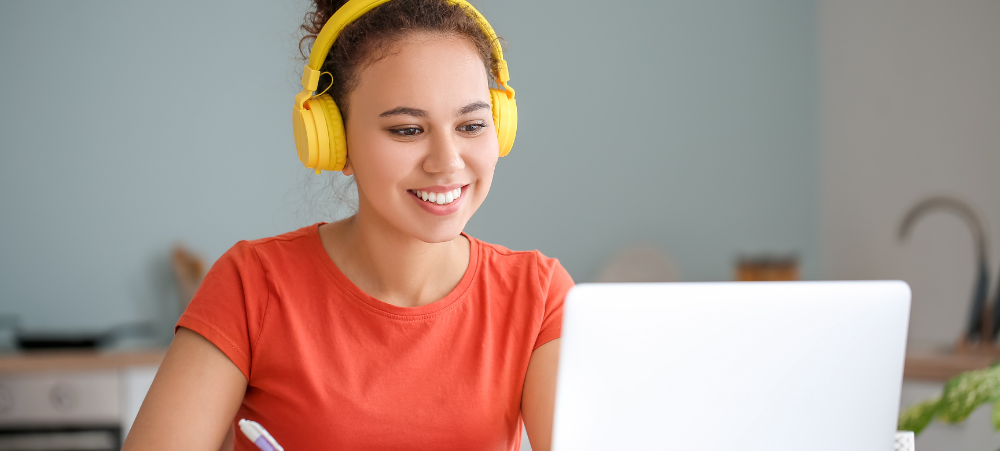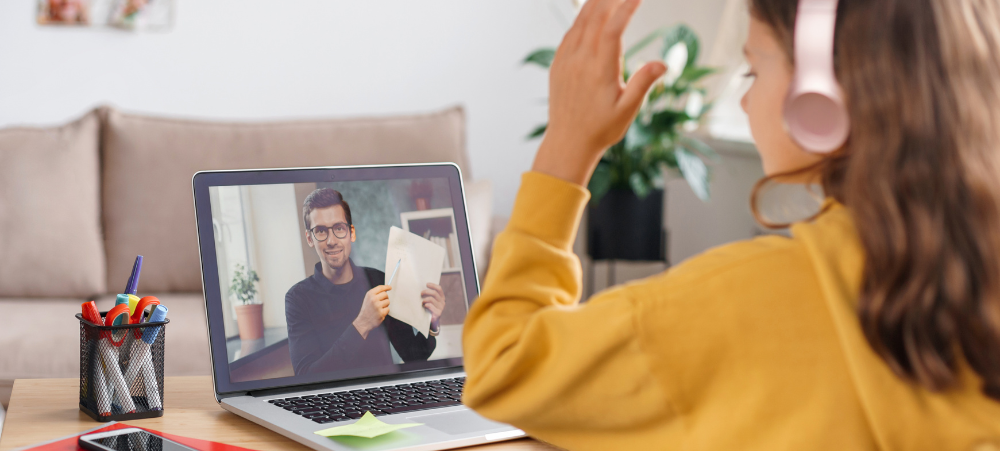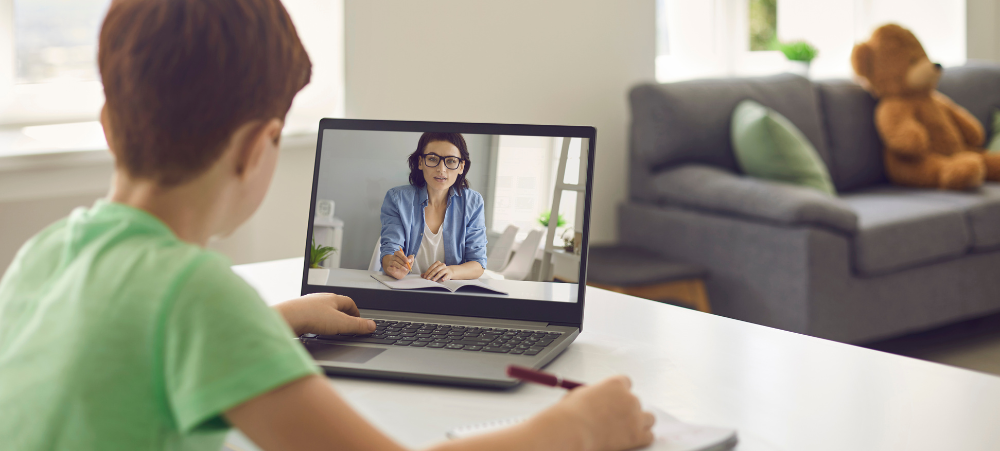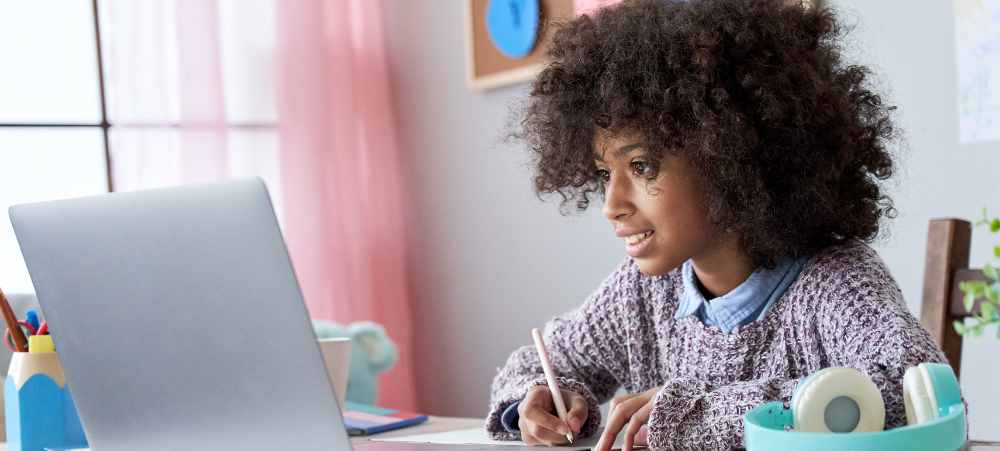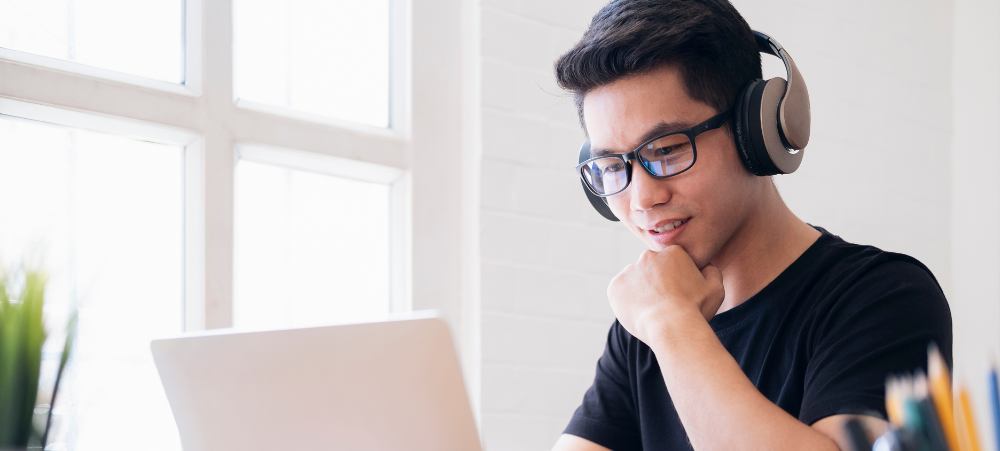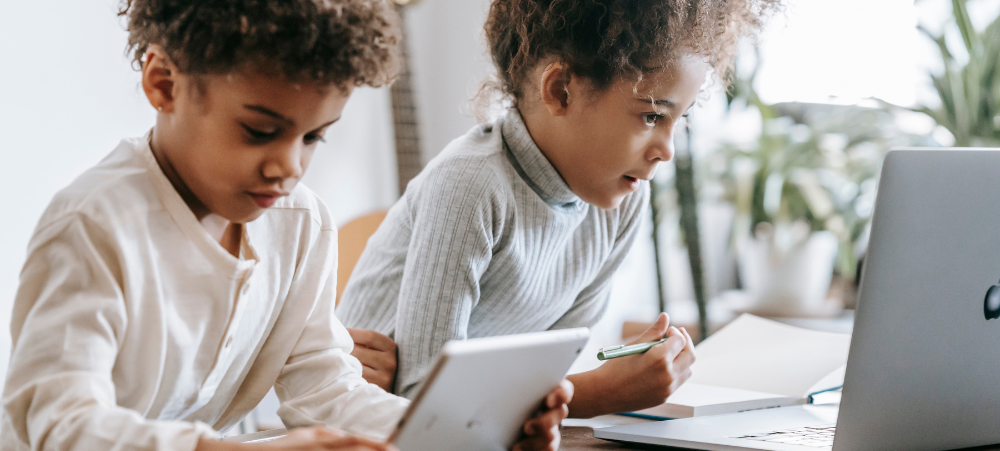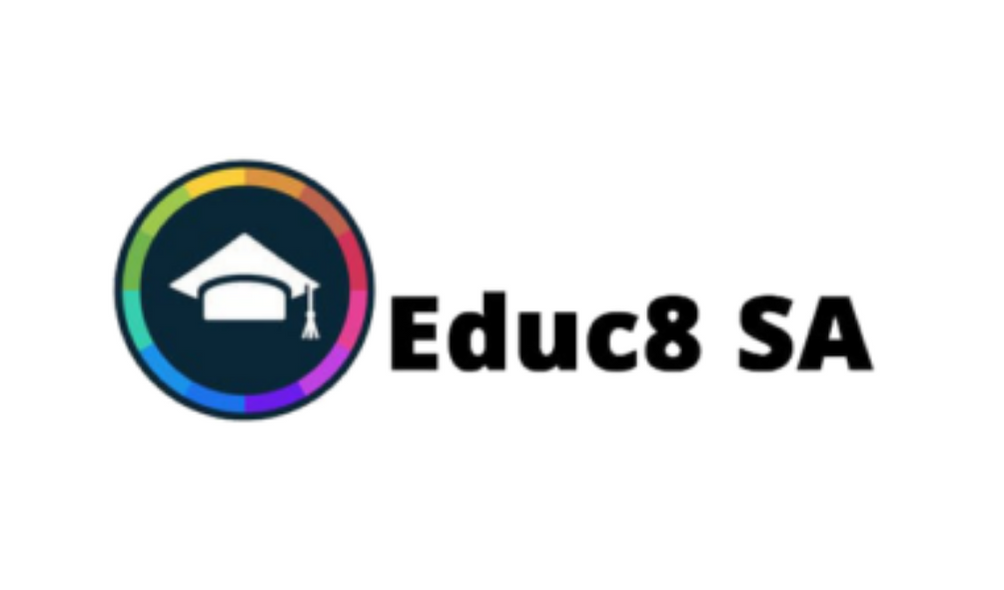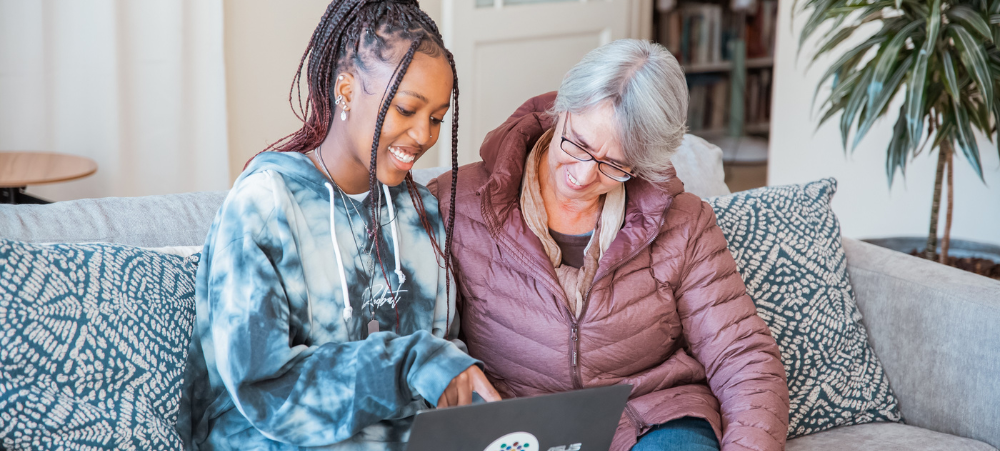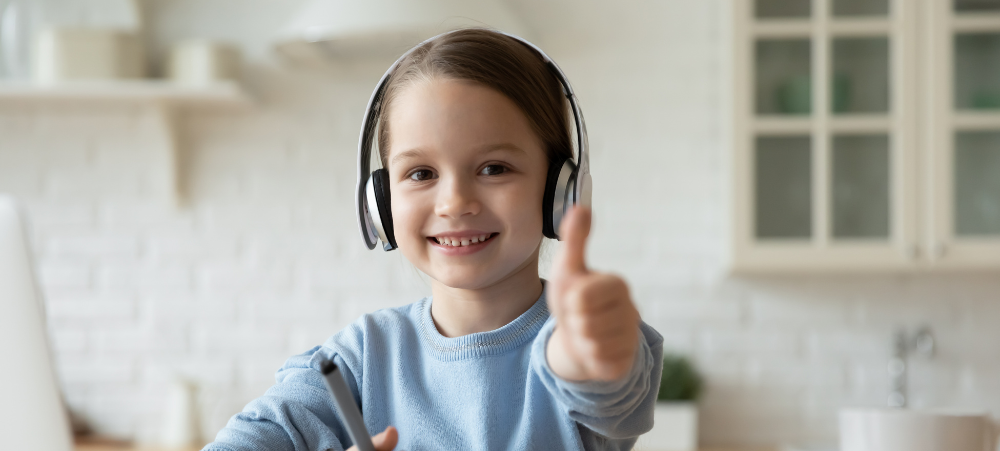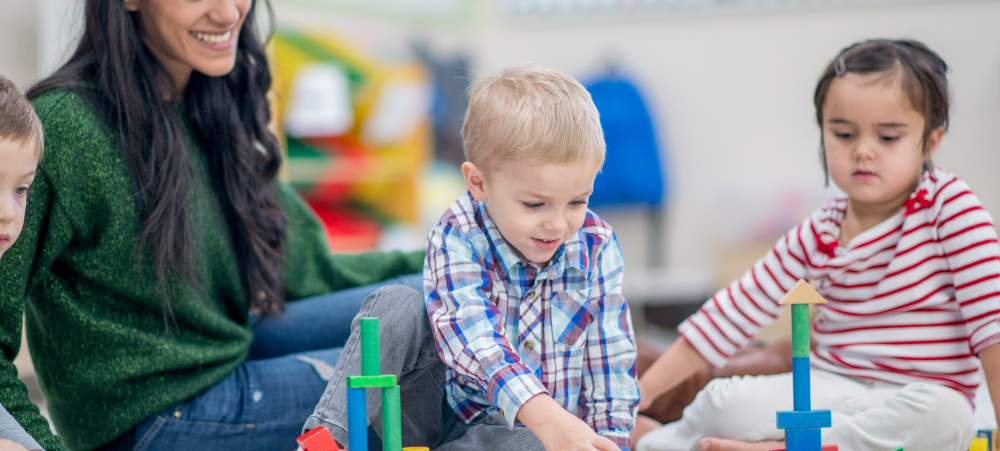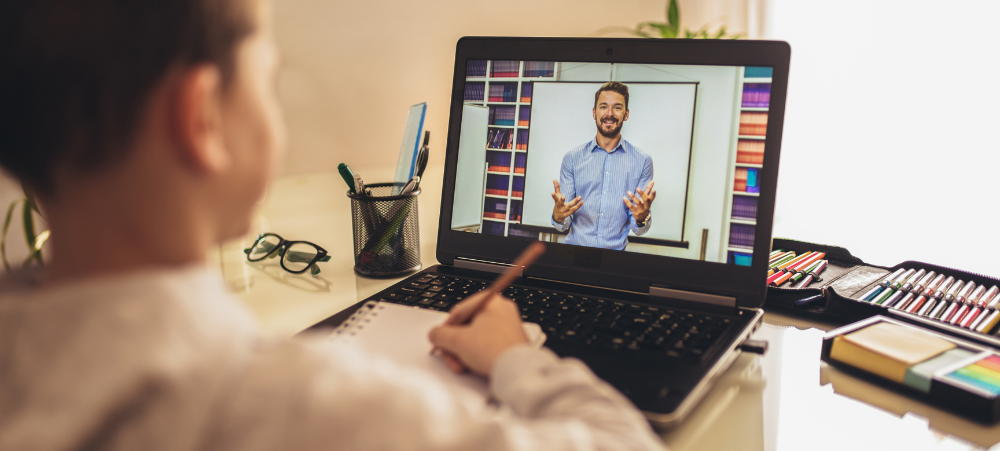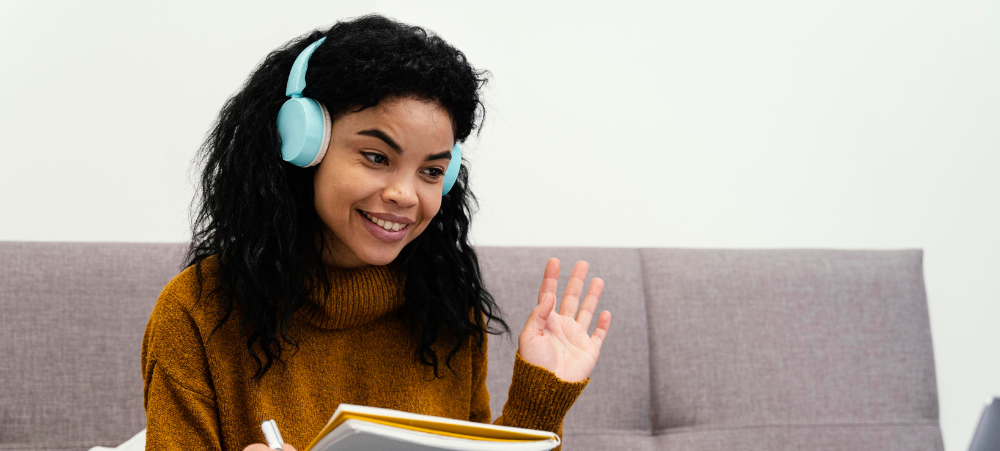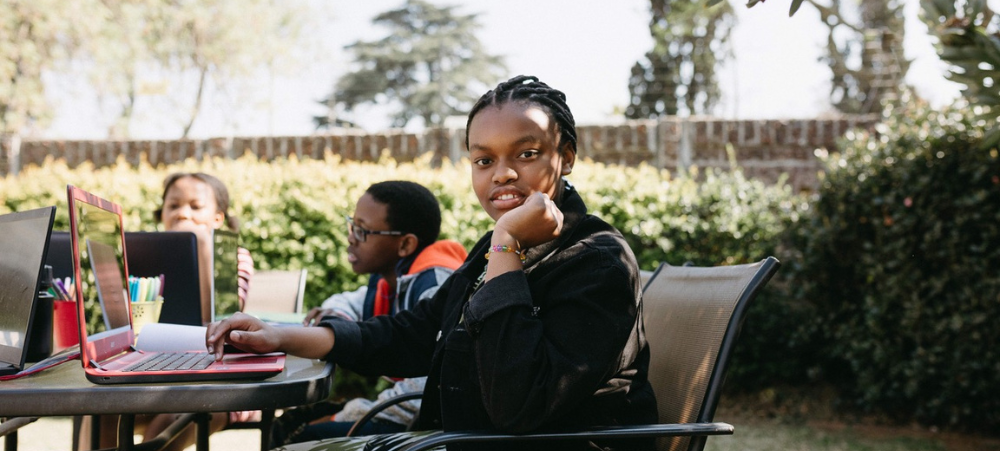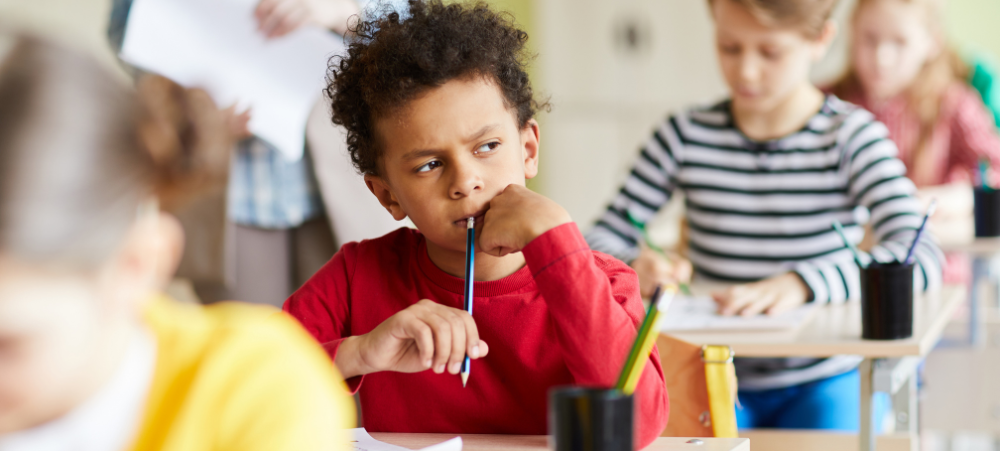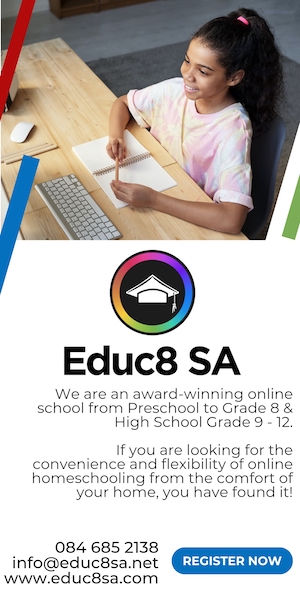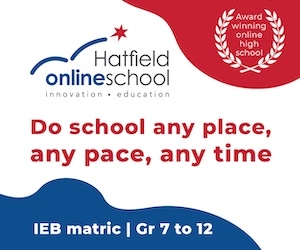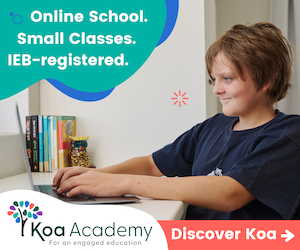Homeschooling offers numerous benefits, including personalised education, greater accessibility, safe environments, and flexible schedules. However, one concern many homeschooling parents still harbour – rightly or wrongly – is that their children might not benefit fully on the social development front. “Traditional school environments provide ample opportunities for social interaction, and it is natural for homeschooling parents to be concerned about the comparative exposure their children enjoy (or not),” says Colin Northmore, Principal at Evolve Online School, a brand of ADvTECH, SA’s leading private education provider. However, he says there are several proactive steps parents can take to ensure their children also develop strong social skills to address this concern. Northmore says practical strategies for connecting homeschooled students with peers and fostering essential social development can include a combination of the following: HOMESCHOOLING GROUPS “One of the most valuable resources for homeschooling families is local homeschooling groups or co-ops. These groups bring together homeschooling parents and their children, creating opportunities for social interaction,” Northmore says. “Joining a homeschooling group allows your child to meet and connect with peers with similar educational backgrounds,” he says, adding that there are some very active Facebook groups that can also assist parents and students. These include Homeschooling in South Africa, SA Home Schooling Group, Socializing Home schoolers South Africa, Homeschool South Africa, KZN Homeschooling and Cape Home Educators. “These groups often organise field trips, extracurricular activities, and social events, providing homeschooling students a chance to develop friendships and practice social skills. At Evolve Online, we organise several live events each year to facilitate the development of relationships between families, and these events are open to all families who have chosen homeschooling for their children.” SPORTS AND EXTRA-MURAL ACTIVITIES One of the challenges of homeschooling is for your children to find a balance in how they spend their time, notes Northmore. “If they use an online curriculum, you must carefully manage screen time. Getting your children to participate in Green-Time, Team-Time, and Dream-Time is crucial to their health and directly impacts their academic performance. “Enrolling your homeschooled child in sports teams, music lessons, art classes, or other extracurricular activities can be an excellent way to facilitate social interaction. Not only do these activities provide opportunities for children to make friends, but they also allow them to develop teamwork, communication, and cooperation skills. Be sure to choose activities that align with your child’s interests, as this will increase their motivation to participate and connect with peers who share their passions.” PLAYDATES Organise playdates with neighbours, friends, and family members with children of similar ages, and encourage your child to initiate inviting peers or joining others for playdates, recommends Northmore. “Play allows children to use their creativity while developing their imagination, skill, and physical, cognitive, and emotional strength. Playing is vital for enhancing curiosity and creativity, building neural pathways to allow for questioning and to deepen learning. “It allows children to create and explore a world they can master, conquering their fears while practising adult roles, sometimes with other children or adult caregivers. As they master their world, play helps children develop new abilities that enrich their confidence and resiliency to face future challenges. Playing without someone telling them exactly what to do helps kids learn to be in groups, share, solve problems, and stand up for themselves.” COMMUNITY INVOLVEMENT Engaging in the local community and local community initiatives can create a supportive and enriching environment for the homeschooled child. “Encourage your child to volunteer for community events or community service projects. Such activities expose them to diverse groups of people and teach valuable life skills like empathy, leadership, and cooperation. Older children should also consider developing leadership skills by creating events in the community or being part of an organising committee.” LOCAL EVENTS & CLASSES Northmore says homeschooled children greatly benefit from exploring and getting involved in local events, workshops, and classes that align with the child’s interests. “Many libraries, museums, and community centres offer educational programmes or workshops designed for children. Attending these events enhances your child’s learning experiences and provides opportunities to meet and interact with other kids.” OPEN COMMUNICATION Communicate openly with your child about their social experiences and encourage them to share their thoughts, feelings, and challenges when connecting with peers. “You can help them navigate social situations and build self-confidence by actively listening and offering guidance. A rule of thumb when doing this is to ‘listen twice and speak once’. Your child may not want advice but perhaps a sounding board,” says Northmore. This approach is especially true for teenagers as they try to establish their identity. Building social skills in homeschooled students is essential for their complete development, concludes Northmore. “As a homeschooling parent, you can provide your child with a rich social life by leveraging local resources, online communities, and extracurricular activities. Through these strategies and your support, your child can thrive academically and socially, forming meaningful connections with their peers while benefiting from the advantages of homeschooling.”





